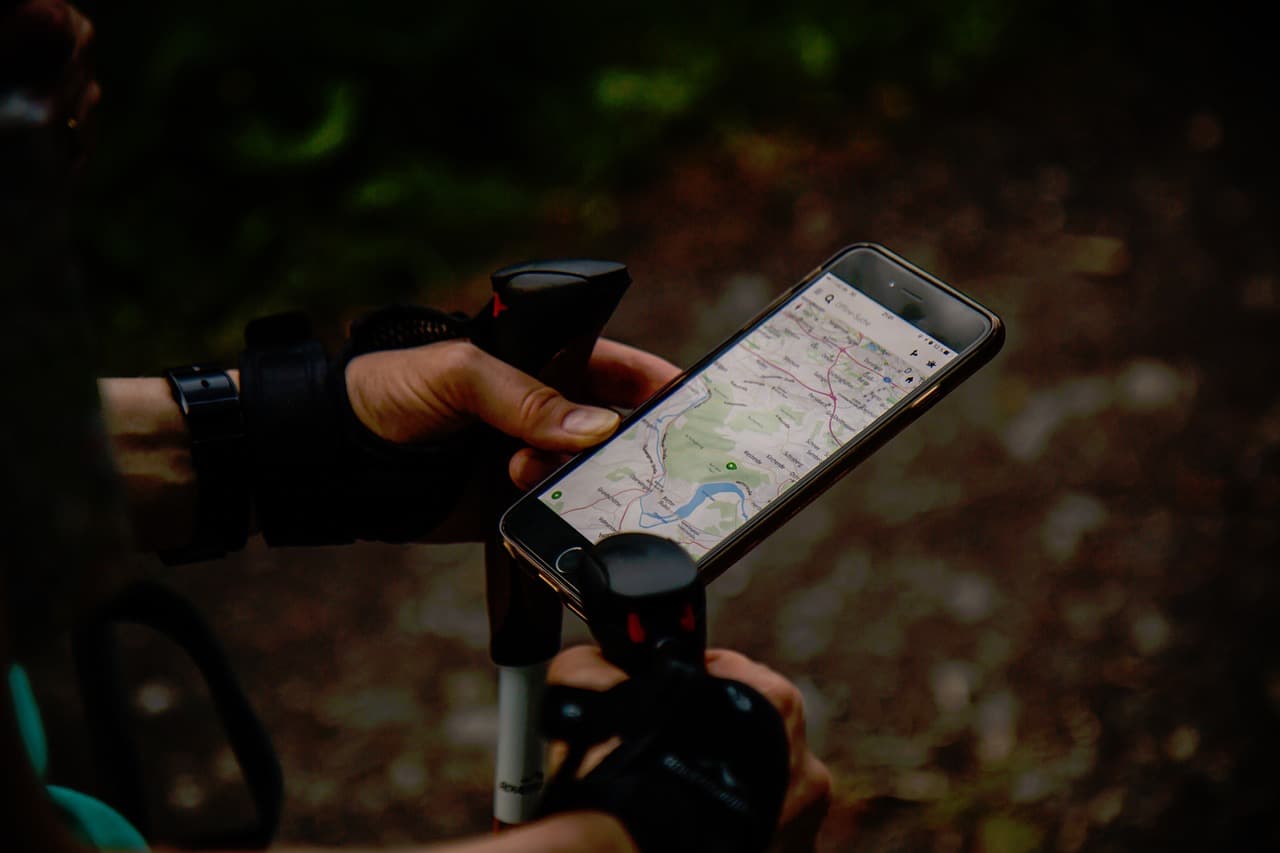The Top Ways GPS Can Help Sportsperson Do Better

If you thought you could use GPS only when it came to tracking deliveries, you couldn’t be more wrong.
GPS can also be super effective when it comes to tracking how good you are in your sport.
Popular among individual athletes and teams alike, you can use it for nearly every sport, from football, and rugby, to running, and even cycling.
Accurate GPS tracking offers athletes and coaches the data they need to tinker and tailor training programs easily. Coaches will be better equipped to assess in-game performance and evaluate the work rate and physical exertion of players.
Table of contents
The Top Benefits of GPS In Sports
Here is what works when it comes to using GPS in sports :
- GPS tracking apps and devices help track your speed and distance without the rigidity you would expect from other tracking systems.
- Sportsmen can wear GPS devices easily on them. They are surprisingly portable, and you get the accurate real-time data you need.
- New technology can ensure that GPS data can be easily correlated with an athlete’s physical capacity or fitness test score.
- Measure how quickly players can complete game-specific tasks.
- It’s also easier to identify the fatigue level of players, as well as metrics like player strength.
- Potentially prevent or delay injuries thanks to more data.
- Helps players manage their workload during training – by taking a look at their thresholds.
- Helps coaches monitor data feeds during games to know when to substitute players, helping them be fresh.
- With better tracking, it can reduce stress and improve sleep quality.
So, What’s the Worry?
For one, accurate measurements of distance and speed remain a concern. Research consistently proves that GPS may not be 100% accurate – even when it comes to court-based or traditional field sports.
However, with more sensors, the difference today is becoming more minimal, and the error percentage is within acceptable limits.
Innovative GPS Tracking Solutions That Sportsmen Use Today
So, how can you use GPS to get more results? Here is a look.
- In Training Balls for Games like Football
Catapult Sports, based in Melbourne, has training balls that come inbuilt with tiny GPS receivers helping understand things like the kicks and passing patterns of the players.
Another solution by Playertek looks at things like the periods of brief, high intensity among the players while on the football field, which can help to compare performance between players and come up with better training strategies for each.
- In the Football Field Itself
An innovative solution designed by GPSports ensures that referees, in soccer get to know with a simple beep, when the ball has gone out of play, or into a goal post. In rugby, referees can know when the rugby ball has been traveling forward from a pass – with good accuracy.
- To Assess Player Fitness
Another football example again – GPS devices worn by players during a football game can help gauge fitness levels and also the output at training. That’s exactly what happened in an England versus Scotland game, in 2013, when Wayne Rooney’s GPS data was provided to the England team.
The GPS data in question was managed by one STATSports, who controlled the GPS data of players of as many as 16 Premier League teams.
Most of Ireland’s professional teams use GPS already – players wear the GPS tracker in a close-fitting vest or a concealed pouch in the jersey. During matches, coaches could monitor players easily, checking everything from the heart rate to high-speed running, or instances of acceleration and deceleration.
- Helps Players Staying On Course
For cyclists and runners, GPS takes away the unpredictability of it all. You get access to metrics like the altitude you are on, which can help you control your cycling speed or look to build up stamina. It’s especially useful for cycling in a localized area with a specific route, helping you stay on track or even during remote trips.
There is no worry about veering off the course – GPS helps you access landmarks easily.
For runners, this location data does not just mean knowing about the distance traveled or the speed but knowing about things like training performance as well.
- Helps Measure Different Metrics Across Sports
It’s not just about football, cycling, or running. A GPS tracking solution developed by an Irish Company, Redback Biotek, can help the hurling team know metrics like the player speeds, the heart rate zones, or even movement patterns.
How Does the Future Look Like?
It’s more of designing GPS systems meant for individual games today. STATSports is already doing that, having different systems for football and rugby, and as the industry gets going, we expect a lot more of that in the near future.
We can also expect GPS devices to become tinier, have longer battery life, and have the ability to integrate other inertial sensor data to offer more insightful data.